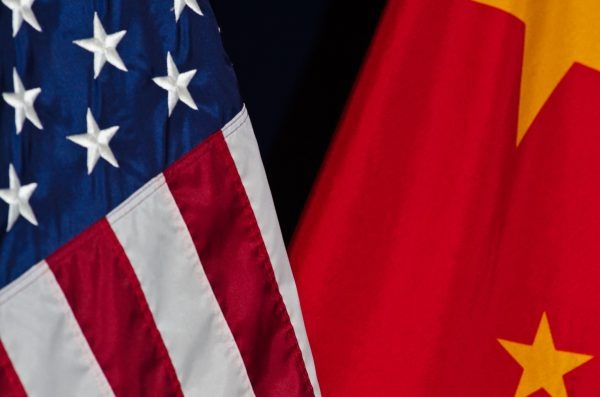In an exclusive interview with CNBC, Scott Bessent, the U.S. Treasury Secretary, discussed the United States' stance on tariffs against China and recent developments in trade relations between the two countries. Bessent stated that the U.S. is prepared to protect its core industries, emphasizing the need to maintain vital sectors such as steel, semiconductors, and certain selected medications that are pivotal to U.S. economic security.
Bessent added that the United States will remain committed to maintaining the current level of tariffs imposed on China, noting that it is unreasonable for tariffs to fall below 10%. He stated: "The minimum tariff on China right now is 54%, and we will not lower it from this level, and we always have a mechanism ready to avoid further escalation of these tariffs."
Regarding relations with China, Bessent confirmed that the United States is particularly focused on enhancing cooperation between the two countries in addressing challenges such as fentanyl trafficking. He added: "We believe that China is serious in its commitment to stop the flows of fentanyl into the United States, and this reflects a positive step in the path toward improving relations between the two countries."
As for the next phase in trade relations between the United States and China, Bessent anticipated that a meeting or call would take place between U.S. President Donald Trump and Chinese President Xi Jinping in the coming weeks. Bisent explained: "In the coming weeks, we are likely to see a phone call between Trump and Xi, which is an important step toward mutual understanding and the possibility of reaching new agreements."
Bessent emphasized that the United States will continue to press China to ensure that trade exchanges are not hindered, and the United States will be ready to revert to the level of tariffs applied last April if tensions continue to escalate.
Bessent also discussed the importance of the United States in decoupling from China in certain strategic areas, noting that his country aims to meet its strategic needs without being significantly affected by external factors. He added that the United States will continue to focus on protecting its economic interests in the face of major economic powers like China.











